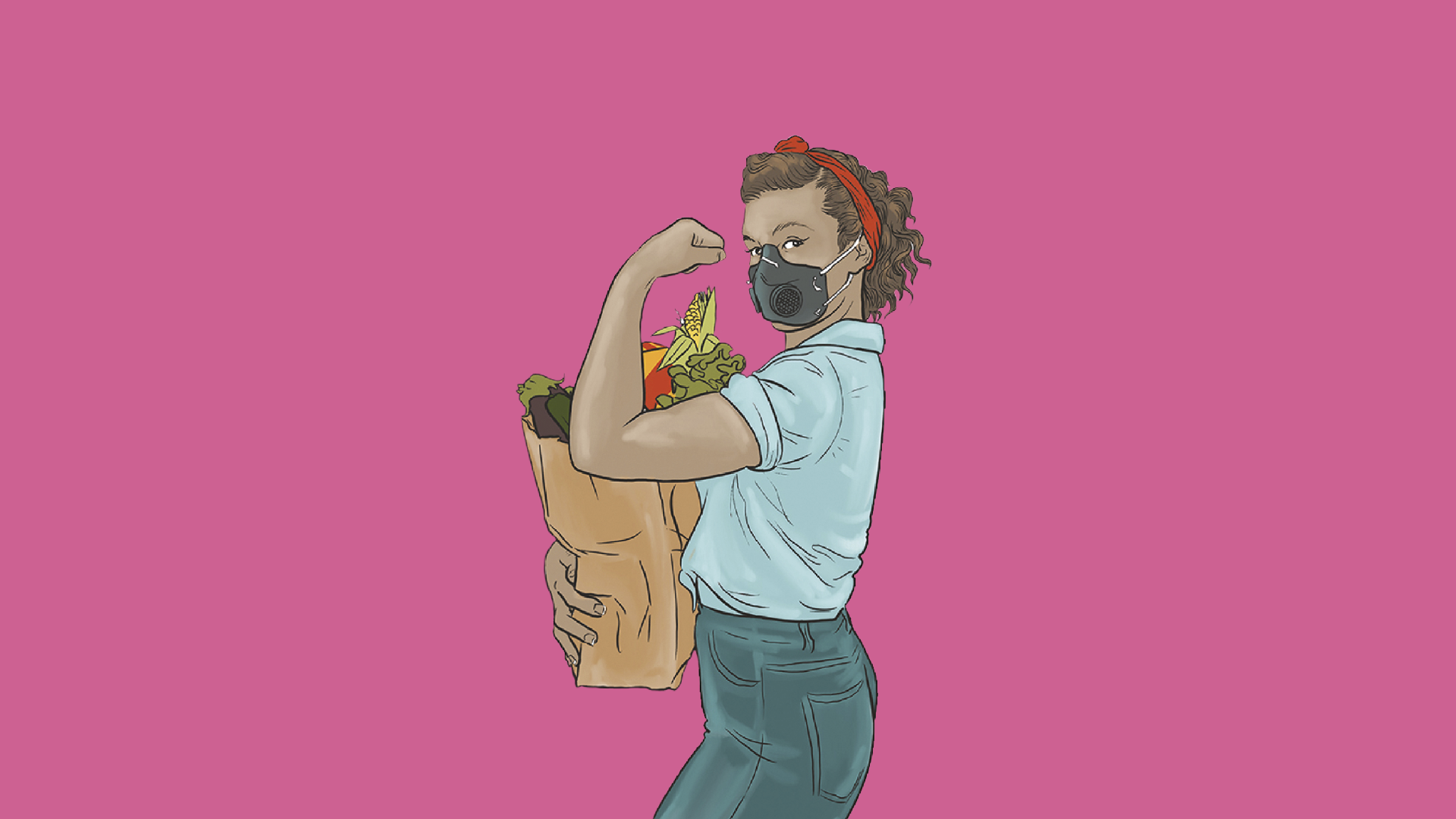In contrast to the media narrative of an individualistic fury said to have emptied supermarkets, many communities were formed in the Covid-19 crisis. Marina Sitrin and Cassie Thornton explore those radical peer-to-peer care networks in their recent books Pandemic Solidarity and The Hologram.
While the dominant economic and political systems let many of us suffer and die, how can we regain control of what is essential to us, namely our physical and mental health? When state structures fail, we turn to one another. In contrast to the media narrative of an individualistic fury that emptied the supermarkets, many communities were formed or strengthened in the Covid-19 crisis. Sociologist, lawyer and activist Marina Sitrin explores these mutual aid initiatives on a global scale in Pandemic Solidarity published last summer, while artist and activist Cassie Thornton recently published The Hologram, a manual for creating feminist peer-to-peer care networks.
Guests:
- Marina Sitrin is an Assistant Professor of Sociology at SUNY Binghamton, New York. She is the author of Horizontalism: Voices of Popular Power in Argentina (AK Press, 2006); Everyday Revolutions: Horizontalism and Autonomy in Argentina (Zed Books, 2012), and co-author of They Can't Represent Us! Reinventing Democracy from Greece to Occupy (2014).
- Cassie Thornton, artist and activist, refers to herself as a feminist economist actively preparing for the economics of a future society without the tools of oppression reproduction such as money, police or prisons. She is the co-director of the Re-Imagining Value Action Lab at Lakehead University in Ontario, Canada.
Curated by Aude Launay.



